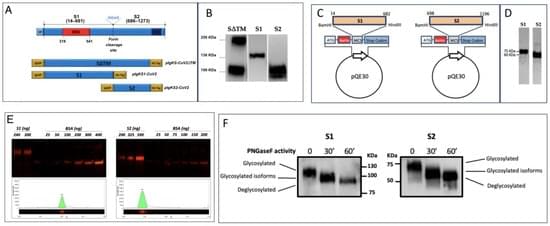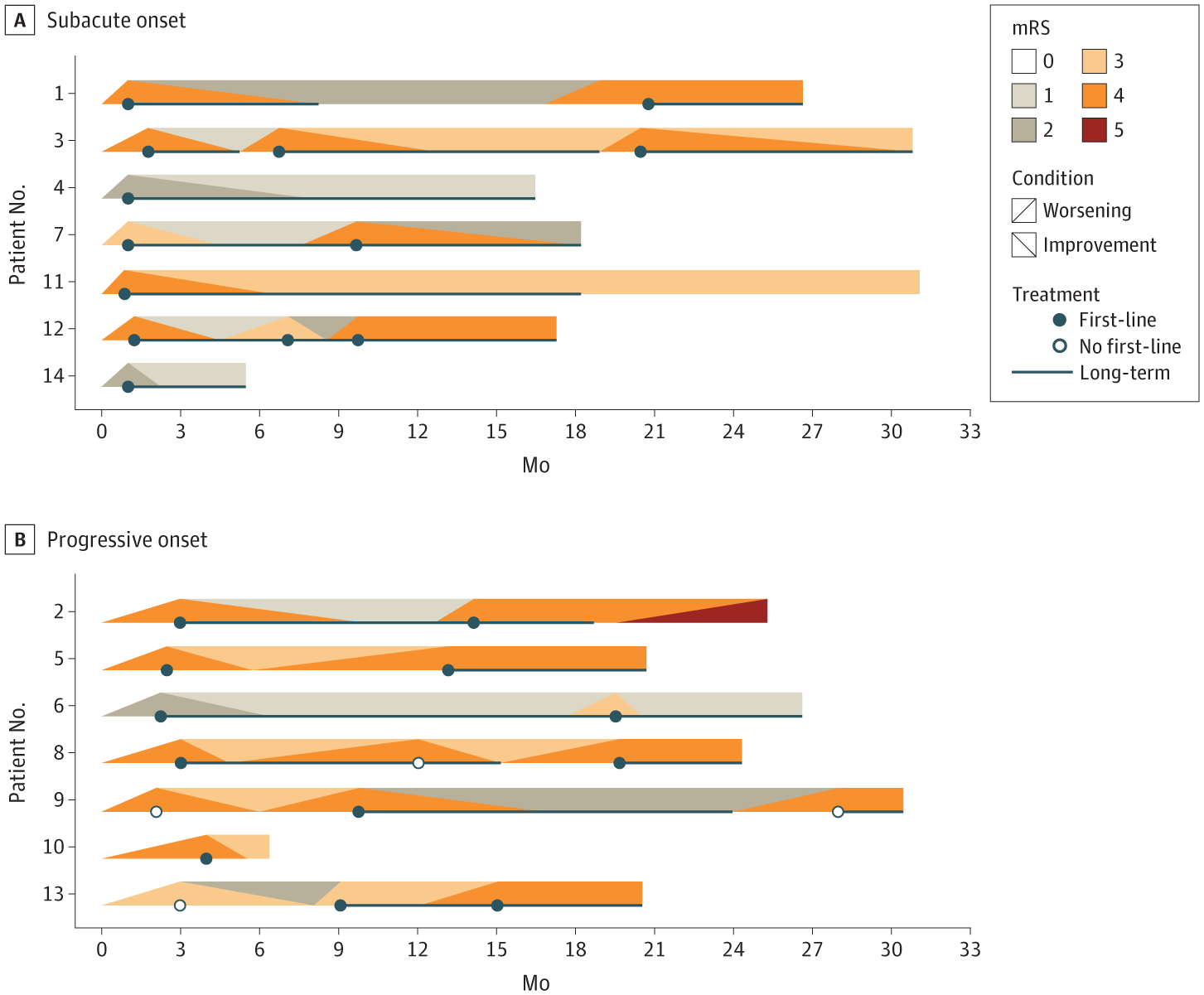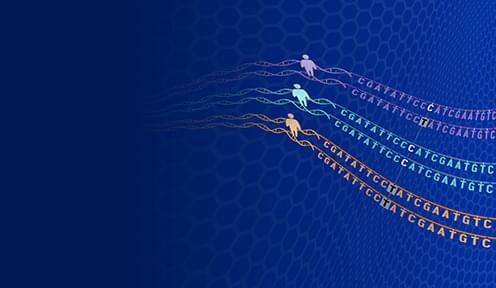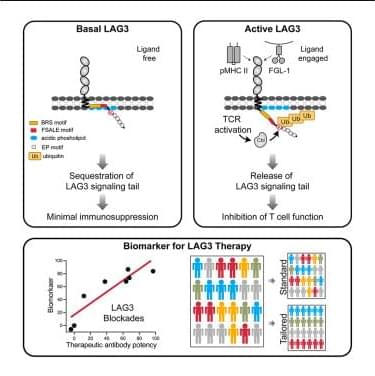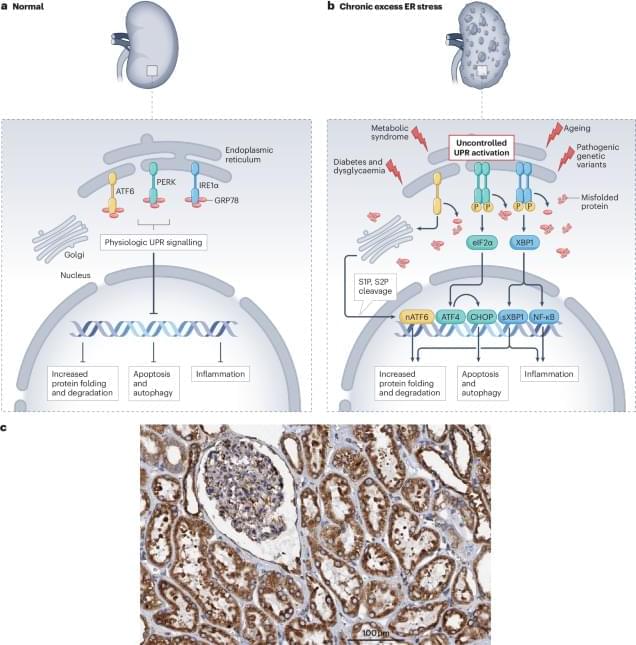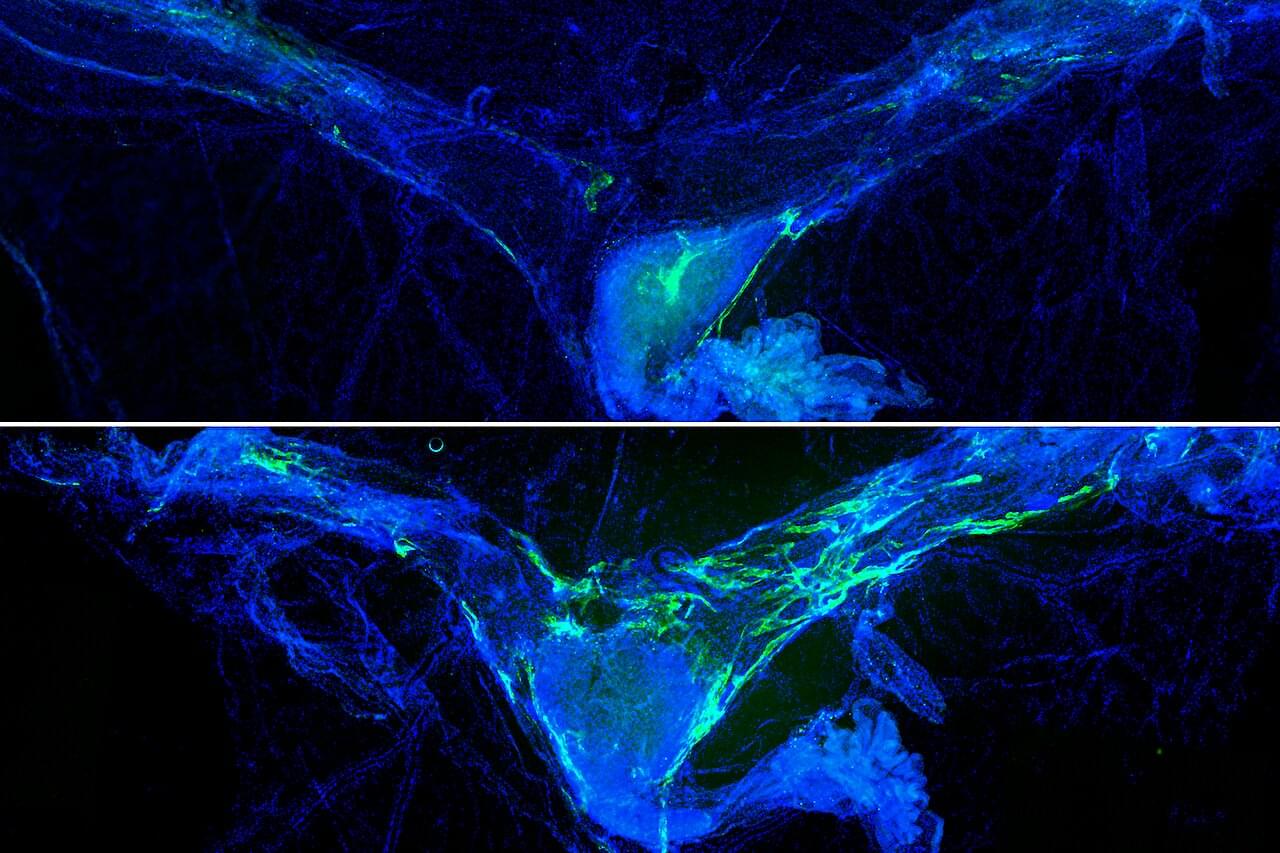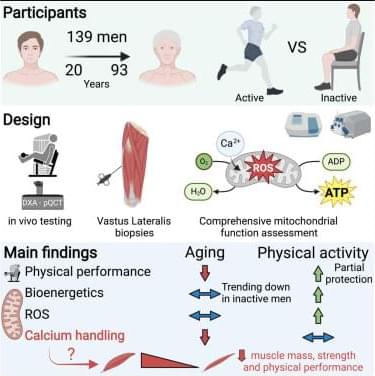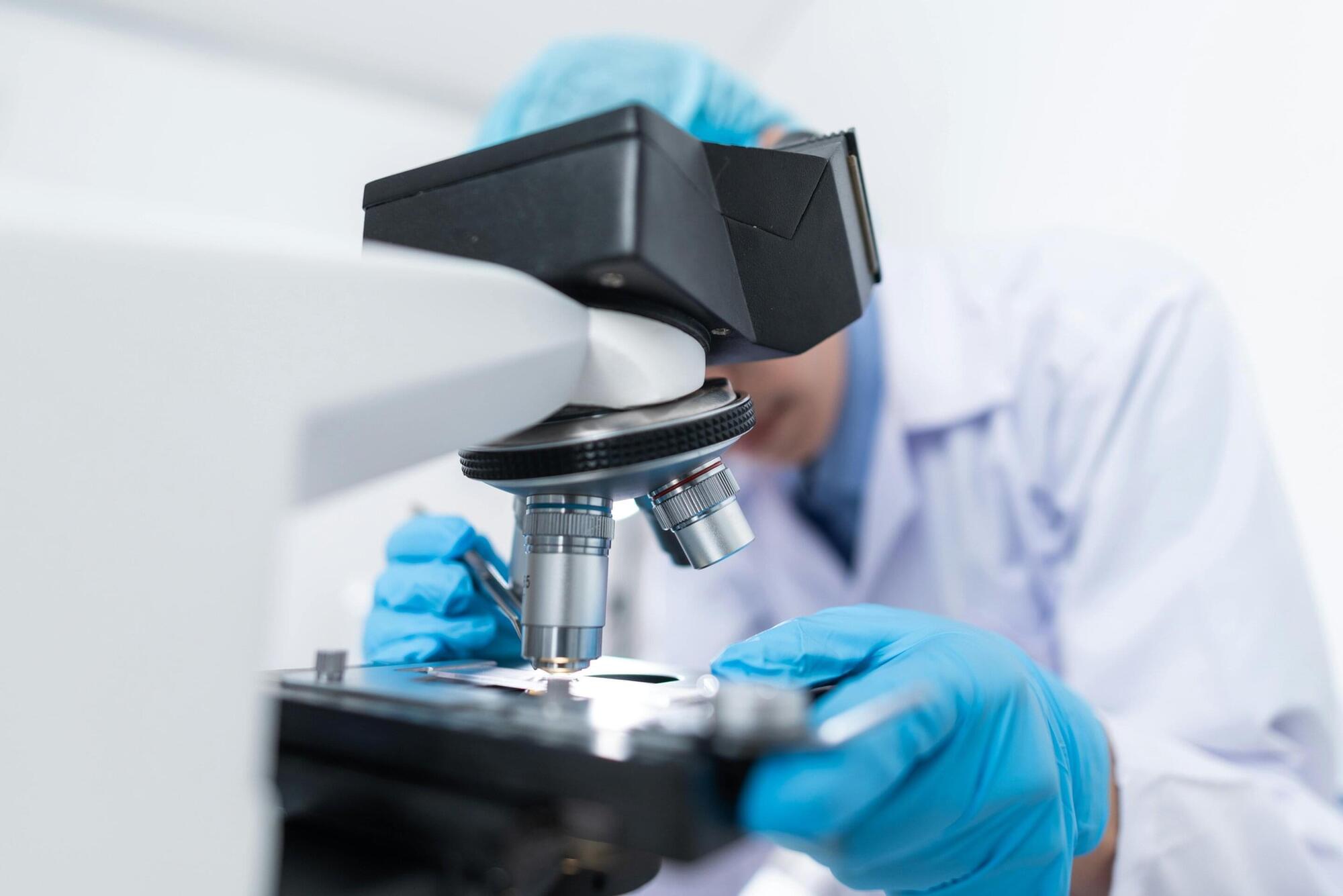The emergence of the new pathogen SARS-CoV-2 determined a rapid need for monoclonal antibodies (mAbs) to detect the virus in biological fluids as a rapid tool to identify infected individuals to be treated or quarantined. The majority of commercially available antigenic tests for SARS-CoV-2 rely on the detection of N antigen in biologic fluid using anti-N antibodies, and their capacity to specifically identify subjects infected by SARS-CoV-2 is questionable due to several structural analogies among the N proteins of different coronaviruses. In order to produce new specific antibodies, BALB/c mice were immunized three times at 20-day intervals with a recombinant spike (S) protein. The procedure used was highly efficient, and 40 different specific mAbs were isolated, purified and characterized, with 13 ultimately being selected for their specificity and lack of cross reactivity with other human coronaviruses. The specific epitopes recognized by the selected mAbs were identified through a peptide library and/or by recombinant fragments of the S protein. In particular, the selected mAbs recognized different linear epitopes along the S1, excluding the receptor binding domain, and along the S2 subunits of the S protein of SARS-CoV-2 and its major variants of concern. We identified combinations of anti-S mAbs suitable for use in ELISA or rapid diagnostic tests, with the highest sensitivity and specificity coming from proof-of-concept tests using recombinant antigens, SARS-CoV-2 or biological fluids from infected individuals, that represent important additional tools for the diagnosis of COVID-19.
